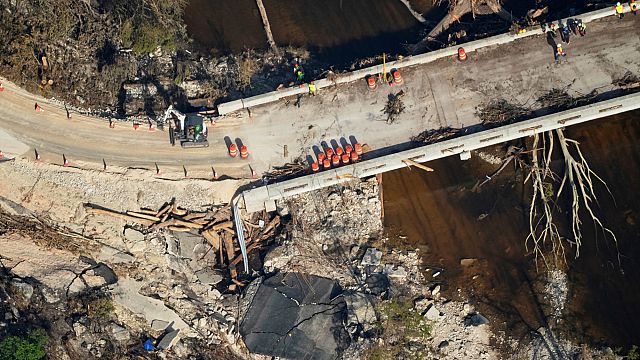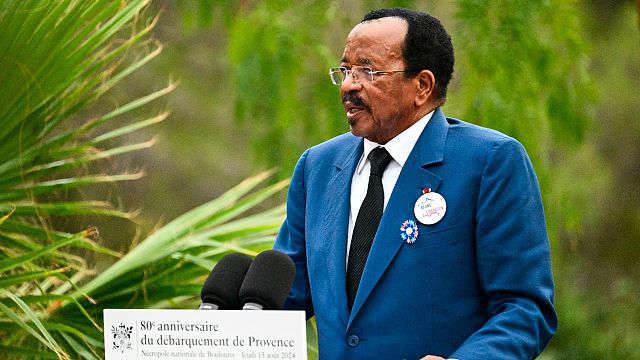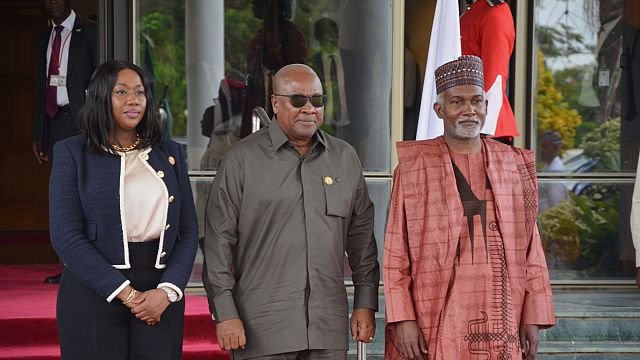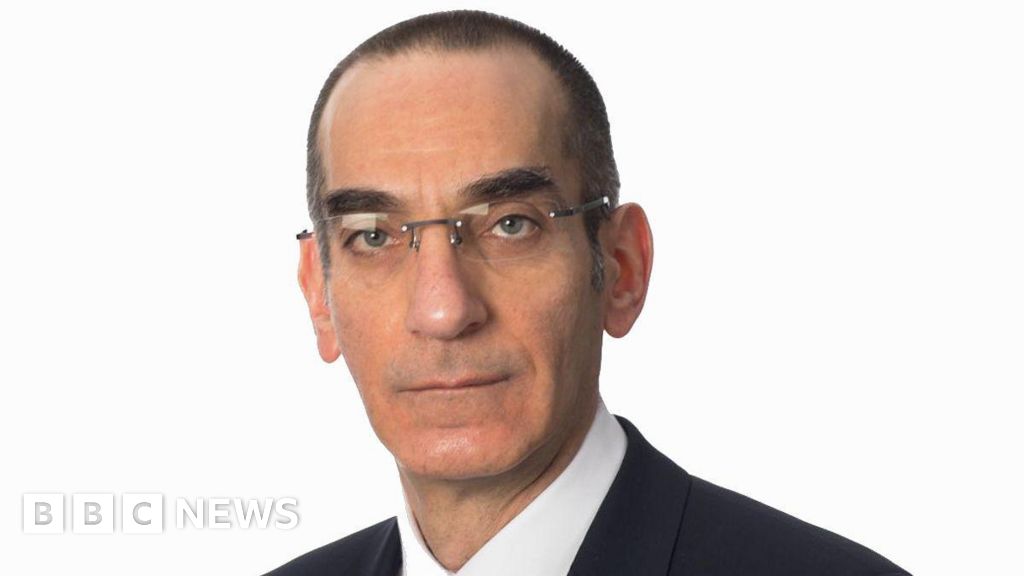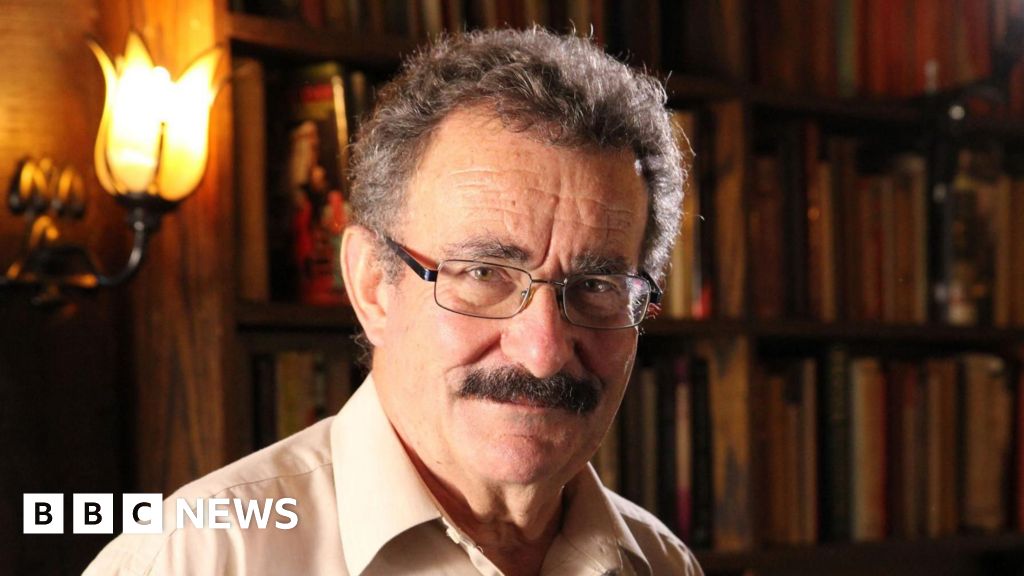Australia is quietly introducing age checks for search engines like Google
Search engines are in line for the same age assurance technology behind the teen social media ban.
The age checks will apply to logged-in users in a bid to limit children's access to content such as pornography.
From December 27, Google and Microsoft will have to use some form of age-assurance technology on users when they sign in, or face fines of almost $50 million per breach.
Australians will soon be subjected to mandatory age checks across the internet landscape, in what has been described as a huge and unprecedented change.
Search engines are next in line for the same controversial age-assurance technology behind the teen social media ban, and other parts of the internet are likely to follow suit.
At the end of June, Australia quietly introduced rules forcing companies such as Google and Microsoft to check the ages of logged-in users, in an effort to limit children's access to harmful content such as pornography.
But experts have warned the move could compromise Australians' privacy online and may not do much to protect young people.
"I have not seen anything like this anywhere else in the world," said Lisa Given, professor of Information Sciences from RMIT, who specialises in age-assurance technology. From December 27, Google and its rival Microsoft will have to use some form of age-assurance technology. (ABC News: Billy Cooper)
"As people learn about the implications of this, we will likely see people stepping up and saying, 'Wait a minute, why wasn't I told that this was going to happen?'"
From December 27, Google — which dominates the Australian search market with a share of more than 90 per cent — and its rival, Microsoft, will have to use some form of age-assurance technology on users when they sign in, or face fines of almost $50 million per breach.
The search results for logged-in users under the age of 18 will be filtered for pornography, high-impact violence, material promoting eating disorders and a range of other content.
Despite the apparent magnitude of the shift, it has mostly gone unnoticed, in stark contrast to the political and media fanfare surrounding the teen social media ban, which will block under-16s from major platforms using similar technology.
As for why so few people have noticed, it may be because the changes took place away from the halls of parliament, in the relatively dry world of regulation.
They were contained in a new industry code — one of three registered by eSafety Commissioner Julie Inman Grant in June. eSafety Commissioner Julie Inman Grant mentioned the new changes in her address to The Press Club.
All up, the regulator will register nine codes this year, governing the conduct of internet service companies in Australia.
The regulator's media release about the new codes made no mention of the new age-assurance requirements, although Ms Inman Grant briefly mentioned the matter in her recent address to the National Press Club.
"These provisions will serve as a bulwark and operate in lock step with the new social media age limits,"she said.
"It's critical to ensure the layered safety approach … including on the app stores and at the device level — the physical gateways to the internet where kids sign up and first declare their ages."
Her comments hint at plans for age checks for even more sectors of the internet.
Experts are concerned that almost no-one seems to be aware of the shift.
"This one has kind of popped out, seemingly out of the blue," Professor Given said.
"It's not clear that there is a social licence for such important and nuanced changes," Digital Rights Watch chair Lizzie O'Shea said.
"We would argue that the public deserves more of a say in how to balance these important human rights issues."
Search engines will have a suite of options to choose from for checking the ages of their Australian users.
There are seven main methods listed in the new regulations:
- Photo ID checks
- Face scanning age estimation tools
- Credit card checks
- Digital ID
- Vouching by the parent of a young person
- Using AI to guess a user's age based on the data the company already has
- Relying on a third party that has already checked the user's age
They are similar if not identical options to those being considered as part of the teen social media ban, and some of them have been tested as part of the recent age-assurance technical trial, with mixed results.
Electronic Frontiers Australia (EFA) said given the potential privacy impact for millions of Australians, the new rules for search engines may not do enough to keep children safer online.
"One of the other concerns that we have is that there's no evidence as to the efficacy of the [age-assurance] technical controls," EFA chair John Pane said.
"Based on the separate age-assurance technology trial, some of those results have been pretty disheartening."
He also warned the new rules for search engines could be circumvented using virtual private networks (VPNs).
"If the ambition of the government is to prevent children from accessing pornography, they're forgetting straight away the skills of these young people," he said.
Beyond concerns about the accuracy of age-assurance technology and the VPN workaround, the new search engine rules will still allow users to access adult content simply by not logging in. Chair John Pane says the new rules can be circumvented using VPNs. (Supplied)
Logged-out users will instead experience a default safety setting, which will, at a minimum, blur out violent and pornographic images in search results, but likely allow them to avoid the most stringent filters, such as omitting links completely.
"This won't stop the teenager who wants to access pornography from accessing pornography … It won't stop the sharing of pornographic images," Mr Pane said.
"So really it is more performative than it is effective."
The codes are being co-designed by the tech industry and its representative body in Australia, the Digital Industry Group Inc (DIGI), which said the age checks for search engines were part of a bigger picture.
"No single measure is completely foolproof," said DIGI's policy director, Jennifer Duxbury.
Dr Duxbury said the approach was designed to "introduce layers of protection … to reduce exposure of minors to age-inappropriate and harmful content across the digital ecosystem."
Social media platforms and search engines will be the first parts of the internet to introduce age checks for Australians, but they are unlikely to be the last.
App stores, messaging services, porn sites and gambling companies are among a long list of players preparing for similar rules to come into effect.
Draft versions of the remaining six industry codes covering those services and many more contain obligations for age-checking.
The other codes are yet to be approved by the eSafety commissioner, but in the past the regulator has only rejected a proposed industry code because it was not tough enough, meaning the proposed age-assurance rules are very likely to make the final cut.
"We would anticipate these mechanisms being deployed very broadly," Mr Pane said.
"It looks like it's becoming inevitable."
Mr Pane and other digital rights advocates say online age checking may soon be the norm for Australians.
"It's the progression of the loss of our right to be anonymous online," he said.
"I am worried that Australia is going down this path of bringing in age assurance for any and all internet access,"Professor Given said.
"This is very much the new reality, and I think there are significant privacy concerns here."
The success of search engines, like social media companies, is built on their ability to create the most frictionless experience possible for their users.
Tech experts say it is possible those companies might simply opt to rely on the user data they have already collected in order to guess a person's age. Lisa Given is a professor specialising in age-assurance technology at RMIT. (Supplied)
"Big tech players like Google have huge repositories of personal data," Mr Pane said.
"Even if they don't have [a user's] name, they know everything else about us from our browsing history and through advertising technologies.
"Google may be able to rely upon information that they hold to infer that you are over the age of 18.
"I think it's too soon to tell," he said.
Search engines have not announced which age-assurance methods they will offer their users.
Whatever their choice, Professor Given said many Australians would have no choice but to go along with it, because they relied on the many services connected to their account.
"They've got [their search engine] linked with their Gmail and bookmarks — there's a variety of things that they're doing in the Google ecosystem," she said.
"For someone who has an account, in order to access that type of functionality, they're going to have to prove their age.
"The internet is a core structure in our lives.
"Are we really, as a country, willing to accept that age assurance is going to be required for … every single thing we do online?"
A spokesperson for Communications Minister Annika Wells said the government welcomed the eSafety commissioner's registration of three new industry codes to protect children from age-inappropriate content.
"This is a critical step in implementing the Online Safety Act to keep Australians, particularly young people, safer online, and ensures that industry steps up to the plate to protect their users from harm," the spokesperson said.
"This government has made no secret of its strong commitment to online safety for all Australians, while recognising the need to balance this imperative with protecting the privacy of users."
What's Your Reaction?
 Like
0
Like
0
 Dislike
0
Dislike
0
 Love
0
Love
0
 Funny
0
Funny
0
 Angry
0
Angry
0
 Sad
0
Sad
0
 Wow
0
Wow
0



